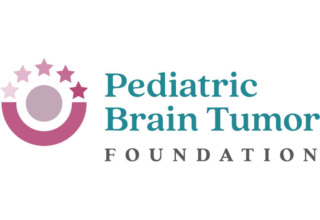Pediatric brain surgery is a profound medical procedure that demands careful attention during the recovery period. Understanding what to expect and how to prepare can significantly ease the process for both the child and their family. This guide aims to provide a comprehensive look at the recovery phase following pediatric brain surgery.
What to Expect After Pediatric Brain Surgery
- Immediate Post-Operative Phase: The initial hours following surgery are critical, with the child typically monitored in the ICU to manage pain, assess neurological status, and prevent complications.
- Initial Recovery in the Hospital: Recovery time varies, but children often spend several days in the hospital post-surgery. The medical team will focus on pain management, mobility assistance, and monitoring for any signs of complications, such as infections or cerebral swelling.
- Long-term Recovery at Home: Recovery doesn’t end upon discharge. Children may take weeks or months to recover fully. Follow-up appointments are crucial to monitor neurological recovery, and rehabilitation may be needed to help the child regain strength and cognitive abilities.
Preparing for Recovery
- Home Preparation: Adjust your home environment to ensure it is safe and comfortable for recovery. This may involve setting up a rest area on the ground floor, securing rugs, and preparing easy-to-eat meals.
- Medication Management: Organize a schedule to manage various prescriptions including pain relievers, anti-seizure medications, or antibiotics as directed by the surgeon.
- Emotional Support: The emotional impact of brain surgery on a child and their family can be significant. Provide emotional support and consider professional counseling to help manage any behavioral or mood changes.
Tips for a Smooth Recovery
- Follow Medical Advice: Strictly adhere to the guidelines provided by your child’s healthcare team. Attend all follow-up appointments, comply with dietary guidelines, and gradually reintegrate physical activities as advised.
- Monitor for Complications: Be vigilant for signs of complications like infection, seizures, or changes in mental status, and know when to seek immediate medical attention.
- Keep a Recovery Journal: Documenting your child’s recovery progress can be beneficial. Record any changes, manage medication schedules, and prepare questions for medical visits.
Recovering from pediatric brain surgery is a delicate process that requires comprehensive preparation and robust support. By being well-informed and prepared, you can significantly aid your child’s recovery journey. Always maintain close communication with your healthcare providers for the best outcomes.
For more detailed information and support, visit the Pediatric Brain Tumor Foundation at curethekids.org, and consider making a donation to support our mission to accelerate progress for kids with brain cancer at team.curethekids.org/campaign/594622/donate.
Related Updates

